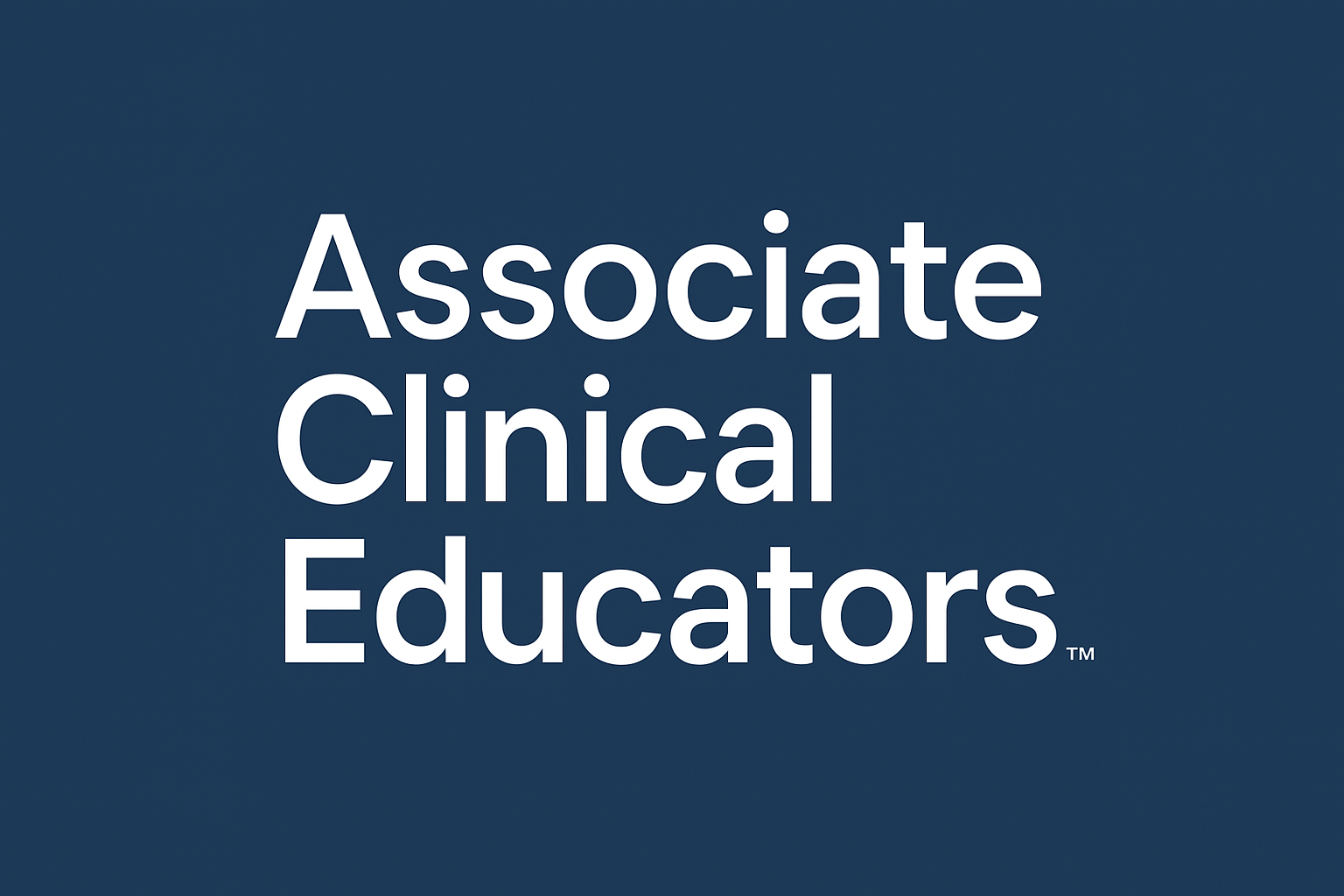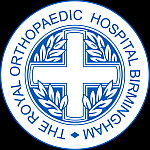Clinical Communication and History Taking – An Associate Clinical Educators Perspective
It’s always important for an ACE to understand the protocols health professionals must follow to help them take a good history from a patient. Once we understand this we are able to give hi-fidelity feedback to the...
Read More

